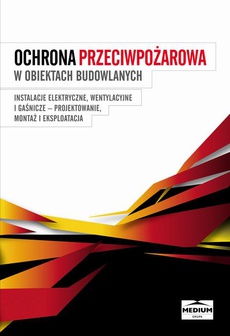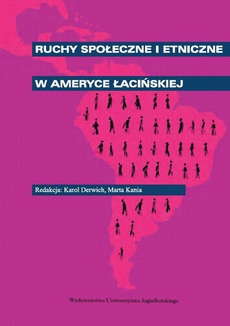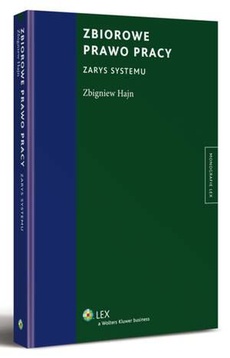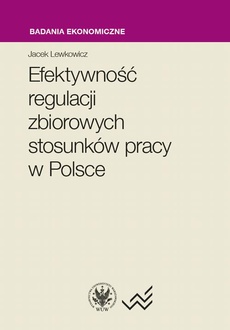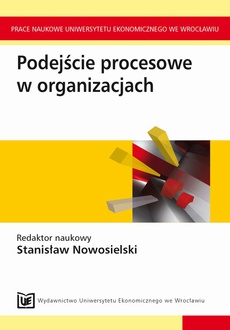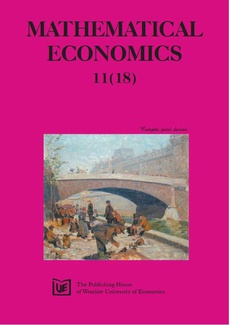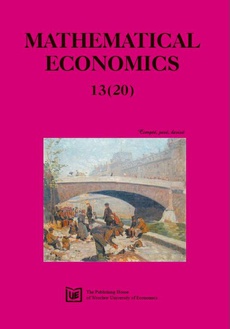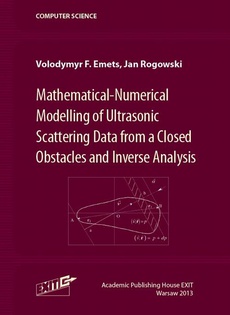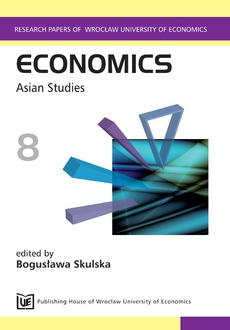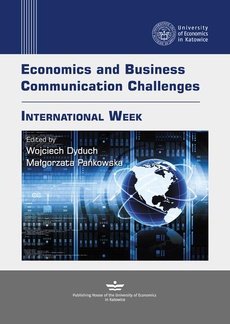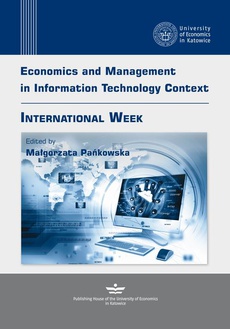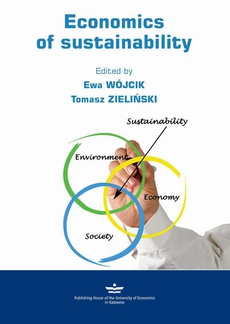INNE EBOOKI AUTORA
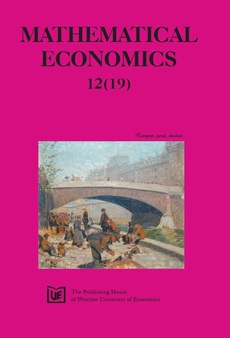
Mathematical Economics 12(19)
Praca zbiorowa
Format:
ibuk
The proportional representation of citizens in collegial bodies is today the most frequently applied solution among electoral systems. It assumes an ideal condition with one delegate representing the same number of inhabitants, perceived as the fairest solution. How-ever, in the European Parliament, fairness is seen somewhat differently. Due to the consider-able dissimilarity of member states as regards the numbers of their populations, it is assumed as fair that delegates from less populous countries represent more citizens that those from more populous countries. Yet this seemingly uncomplicated idea, soon referred to as degres-sive proportionality, turned out to be a major problem in practice. This paper presents the story of the efforts to formalize degressive proportionality by members of the European Parliament.
| Rok wydania | 2016 |
|---|---|
| Liczba stron | 90 |
| Kategoria | Publikacje darmowe |
| Wydawca | Wydawnictwo Uniwersytetu Ekonomicznego we Wrocławiu |
| Numer wydania | 1 |
| Język publikacji | polski |
| Informacja o sprzedawcy | ePWN sp. z o.o. |
POLECAMY
Ciekawe propozycje
Spis treści
| Marek Biernacki Some remarks on time in the analysis of economic events | 5 |
| Katarzyna Cegiełka Degressively proportional apportionment of seats in the European Parliament From a simple idea to a problematic legal rule | 15 |
| Janusz Łyko Transfer of a unit of good between agents in cases of degressively proportional allocation | 31 |
| Arkadiusz Maciuk, Antoni Smoluk Remarks about the square equation Functional square root of a logarithm | 39 |
| Arkadiusz Maciuk, Antoni Smoluk Vortices on a pinched sphere | 53 |
| Katarzyna Warzecha, Andrzej Wójcik Application of spatial statistics in the analysis of European funds usage in provinces in Poland | 61 |
| Stanisława Bartosiewicz Czy prekariat zagraża spokojowi społecznemu? | 83 |



